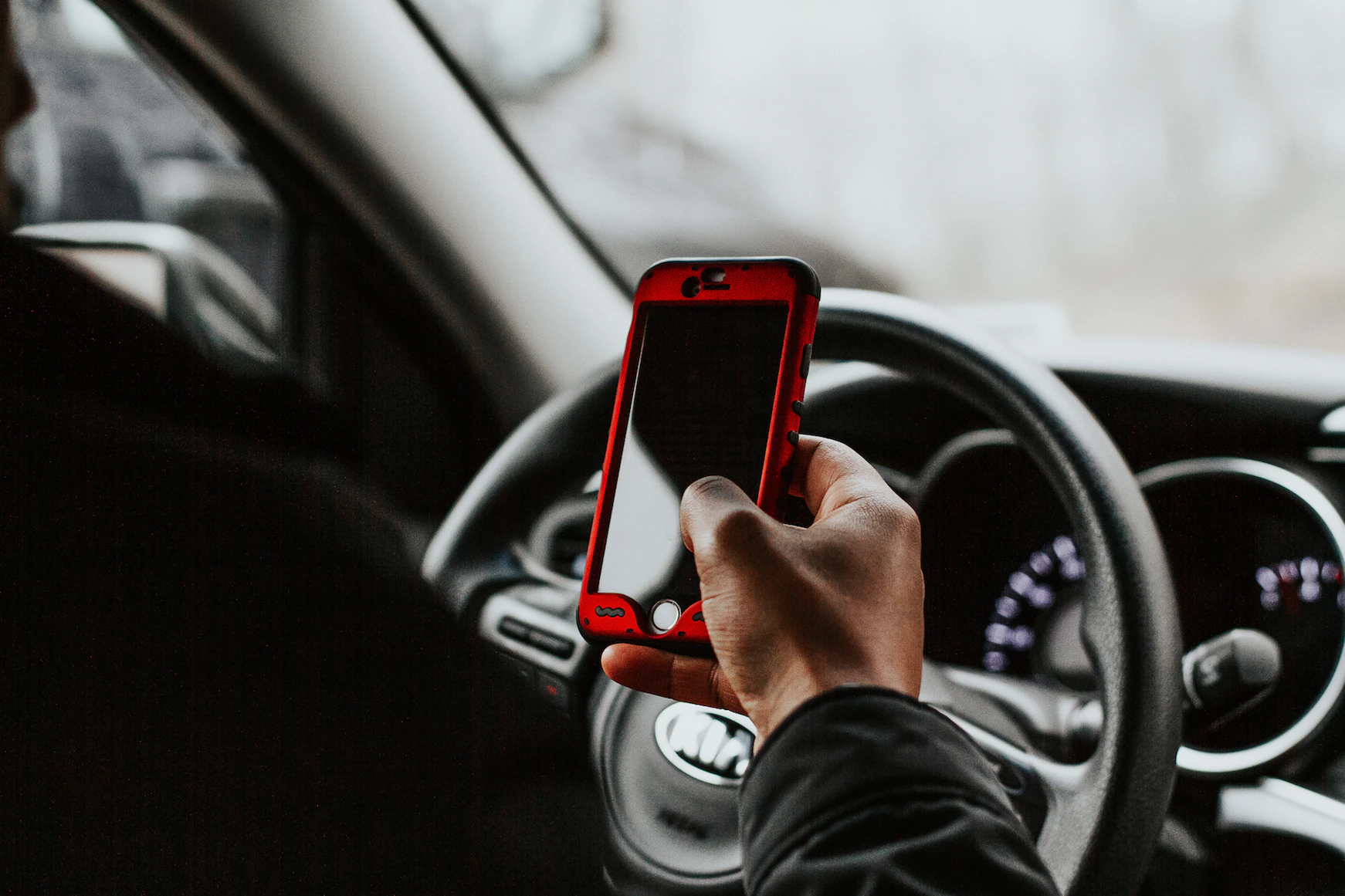Unfortunately, Tennessee ranks among the states with the highest number of crashes involving distracted driving or using a phone while driving. Due to this, Tennessee banned using handheld cell phones while driving in 2019. The Hands-Free law forbids holding cell phones or other distracting electronic devices while driving. Here’s more on the Tennessee texting and driving law.
The Hands-Free Law: What Is It?
According to Tennessee Code 55-8-199, a driver cannot hold a phone, send or read text messages, or reach for their phone with their body out of the seat. It’s also against the law to record or broadcast videos on a cellphone or to watch videos or movies on one.
The hands-free law has a few exceptions, including:
- Single-swiping on a smartphone is acceptable, but typing on one is not.
- Using voice commands to control Bluetooth-connected devices
- GPS and dash cameras are permitted when affixed to the dashboard.
- Making a personal emergency call, such as 911, but not using a hands-free device
Violating the Hands-Free Law
Hands-free law violations are Class C misdemeanors. Drivers will incur court charges of $50 and $10 for the first and second infractions. Drivers will incur charges of $100 for the third and subsequent infraction. If a driver uses their mobile devices while driving in work or school zone, they will pay a $200 fine and still incur penalty points on their license.
Bus drivers driving without a hands-free device face harsher penalties, including a Class A misdemeanor charge that carries a $100 fine, up to 30 days in jail, and a lifetime ban from driving buses in Tennessee. Police officers are well prepared to stop drivers breaking the law and watch motorists swerving or holding their gadgets in their hands.
Distracted Driving-Related Collisions
In 2021, the Department of Safety & Homeland Security reported 3,781 fatal car accidents. In 2022, there have already been 3,800 fatal car accidents reported. Accidents involving distracted driving frequently result in fatalities. Tennessee law defines distracted driving as more than just texting and driving. It also includes other behaviors like excessive passenger load, loud music listening, and driving while intoxicated.
Teen drivers who text while driving are almost always inherently risky, especially if they have several passengers. The driver might engage in conversation with the passengers, show them stuff on the phone, and play loud music. Limiting the number of passengers can help your teen’s ability to concentrate while driving.
Conclusion
Being aware of the new Tennessee texting and driving law for 2022 is essential for your safety while driving. Remember to stay alert, be aware of your surroundings, and always remain calm to ensure the best possible outcome for you and your loved ones.
We hope you’ve found this article informative and that this information is never needed. As a reminder, if you or a family member have been involved in an accident or injured due to the negligence of another party, contact our Nashville-based office at 615-244-2111 for a free and confidential consultation. We will be happy to review your case at no cost to you.
Because we care…
Stillman & Friedland Attorneys








